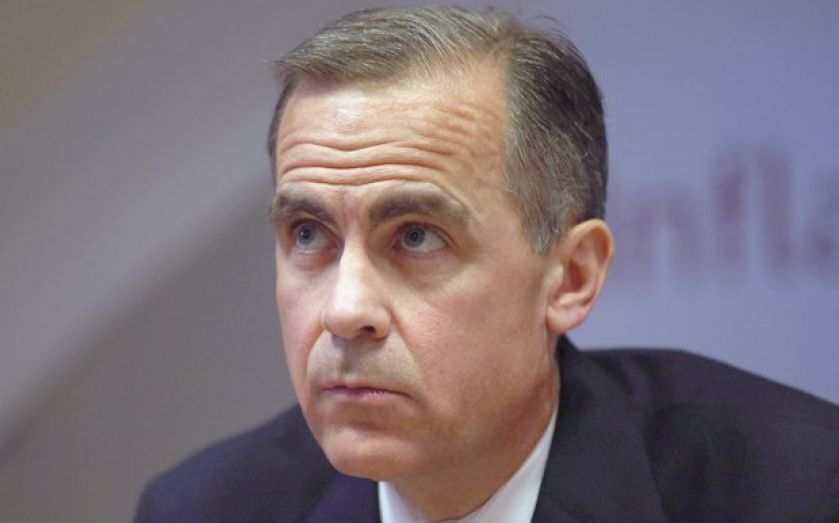Why Britain’s changing economy needs a fresh monetary strategy

THE PICK-UP in UK economic growth, which started last year, has continued into 2014 and appears to have gathered further momentum. Earlier this week, the British Chambers of Commerce (BCC) Economic Survey painted a picture of strong demand at home and abroad in both manufacturing and services industries. The survey also showed that companies are gearing up their employment and investment plans in response to the improving economic outlook. In manufacturing, investment intentions and the expected growth of employment are both at an all-time high in the 25-year history of the survey.
Other business surveys show a similarly upbeat picture. We have also seen evidence of strong retail sales, buoyant car registrations and a continued recovery in the housing market. On the back of all this positive economic news, it is perhaps not surprising that the IMF expects the UK to be the strongest-growing G7 economy this year.
All this is a world away from the tone of the economic discussion just 12 months ago in April 2013, when the pre-occupation was with the risk of the UK economy entering a triple-dip recession.
So far, however, this change in the state of the economy has had little impact on the actions of the Bank of England’s Monetary Policy Committee (MPC). When the MPC announces its April policy decision today, it is virtually certain that UK interest rates will remain at 0.5 per cent – a level which was set over five years ago in the depths of the financial crisis. And the Bank’s forward guidance is geared around emphasising that it will be some time before any change in policy will be forthcoming.
Why is the MPC so reluctant to contemplate a rise in interest rates despite the improvement in the economy? There seem to be three main reasons – though I find none of them persuasive. The first is a concern that the economic recovery is fragile and could not withstand a small rise in interest rates. Yet the sustained and consistent evidence of economic growth, across all the main sectors of the UK economy over the past year, points to something more than a tentative fragile recovery. The fact that companies are uprating their investment and employment plans suggests that confidence is returning in the business world. Rising car sales and the housing market recovery also point to returning confidence among households.
A second argument is that there is plenty of spare capacity to absorb growth. But that is not the picture portrayed by the latest BCC survey, where nearly half of firms are working at full capacity – at or close to the highest levels recorded since the late 1980s. There is some spare capacity in the labour market, with unemployment at just over 7 per cent compared to a longer-term sustainable rate which is probably around 5 to 6 per cent. But this is a slim margin of labour market slack, which can be quickly eroded when the economy is growing strongly.
The third argument made to counter the case for higher interest rates is that inflation is now below target. The reduction in inflation is most welcome after four years of persistent above-target inflation. But it is not the current rate of inflation which should guide the MPC’s decisions, but the outlook for the future. As the economy improves, companies will look to restore margins and wage growth is also likely to pick up. So we are likely to see upward pressure on inflation start to emerge if economic growth continues and capacity pressures increase further.
The MPC should not wait until higher inflation is a “real and present danger” before making its first interest rate move. As Mark Carney and other MPC members have recognised, the preferred exit strategy from the very low interest rates we have seen since the financial crisis is a gradual rise, which allows businesses and individuals time to adjust. The fact that inflation has come back to target gives the MPC time to implement such a gradual rise. They won’t have that luxury if they wait until rising inflation is a more immediate threat.
Monetary policy is a flexible tool which should adapt to the changing needs of the economy. The improvement in the UK economy over the past 12 months points to the need for a new monetary strategy, geared around a gradual rise in interest rates. Let us hope that the MPC will soon recognise the need to move in this direction.
Andrew Sentance is senior economic adviser at PwC, a former member of the Bank of England Monetary Policy Committee, and author of Rediscovering growth: After the crisis (London Publishing Partnership).